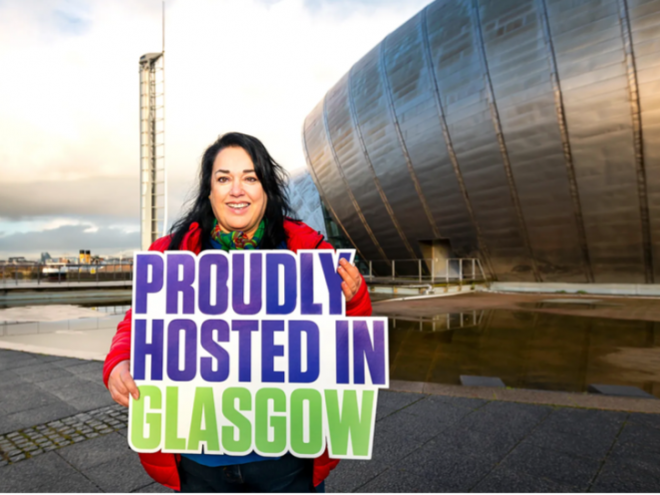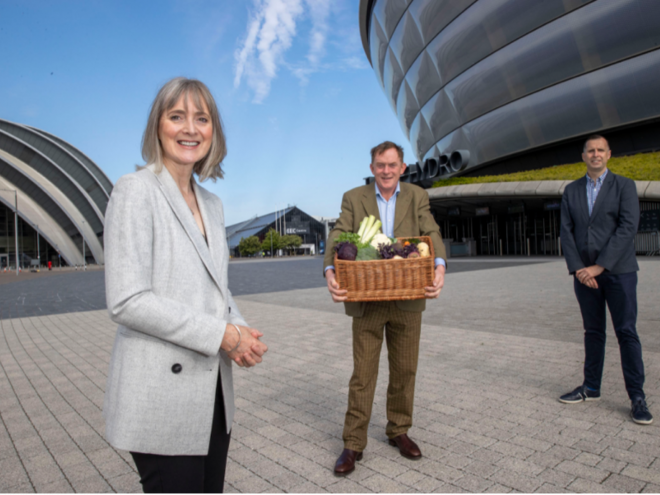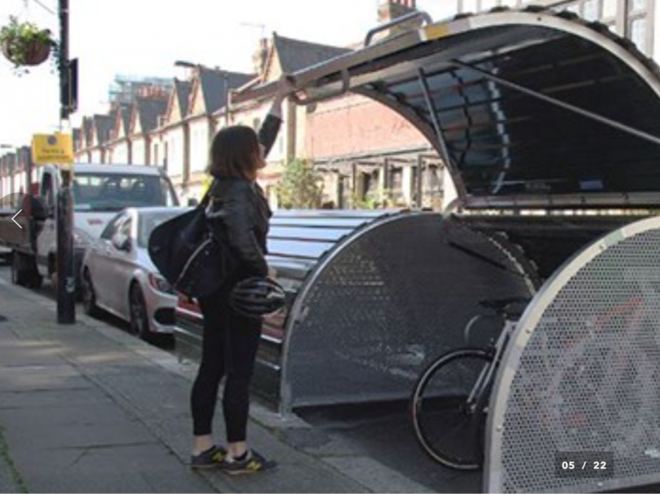Special thanks to Aileen Crawford, Glasgow Convention Bureau, for assisting with research for this article.
GET READY GLASGOW. 2021. (website) available at: [accessed on 04.11.21]
GLASGOW CITY COUNCIL. 2020. ‘Glasgow declared a Global Green City’. In News Archive 2020, 19th October 2020 (online) available at: [accessed on 04.11.21]
GLOBAL DESTINATION SUSTAINABILITY MOVEMENT. 2021. ‘Global Destination Sustainability Index 2021’. In Ranking and Results (online) available at: [accessed on 04.11.21]
JONES, Meegan. 2017. Sustainable Event Management: a Practical Guide. Third edition. London: Routledge
MAIR, Judith and Andrew SMITH. 2021. 'Events and sustainability: why making events more sustainable is not enough'. In Journal of Sustainable Tourism, 29:11-12, 1739-1755
OREFICE, Chiara. 2018. Designing for events – a new perspective on event design. In International Journal of Event and Festival Management. Vol. 9 No. 1, pp. 20-33
PEOPLE MAKE GLASGOW GREENER. 2021. (website) available at: [accessed on 04.11.21]
PLATE UP FOR GLASGOW. 2021. (website) available at: [accessed on 04.11.21]
SEC. 2021. ‘SEC introduces new food strategy with sustainability at its heart’. In News, 19th July 2021 (online) available at: [accessed on 04.11.21]
SUSTAINABLE GLASGOW. 2021. (website) available at: [accessed on 04.11.21]
TOIRISM DECLARES CLIMATE EMERGENCY. 2021. (website) available at: [accessed on 04.11.21]
UK COP26. 2021. ‘COP26 Explained’ (online) available at: [accessed on 04.11.21]
UNITED NATIONS CLIMATE CHANGE. 2015. ‘The Paris Agreement’. In Process and Meetings (online) available at: [accessed on 04.11.21]
UNITED NATIONS CLIMATE CHANGE. 1994. ‘What is the United Nations Framework Convention on Climate Change?’ In Process and Meetings (online) available at: [accessed on 04.11.21]








